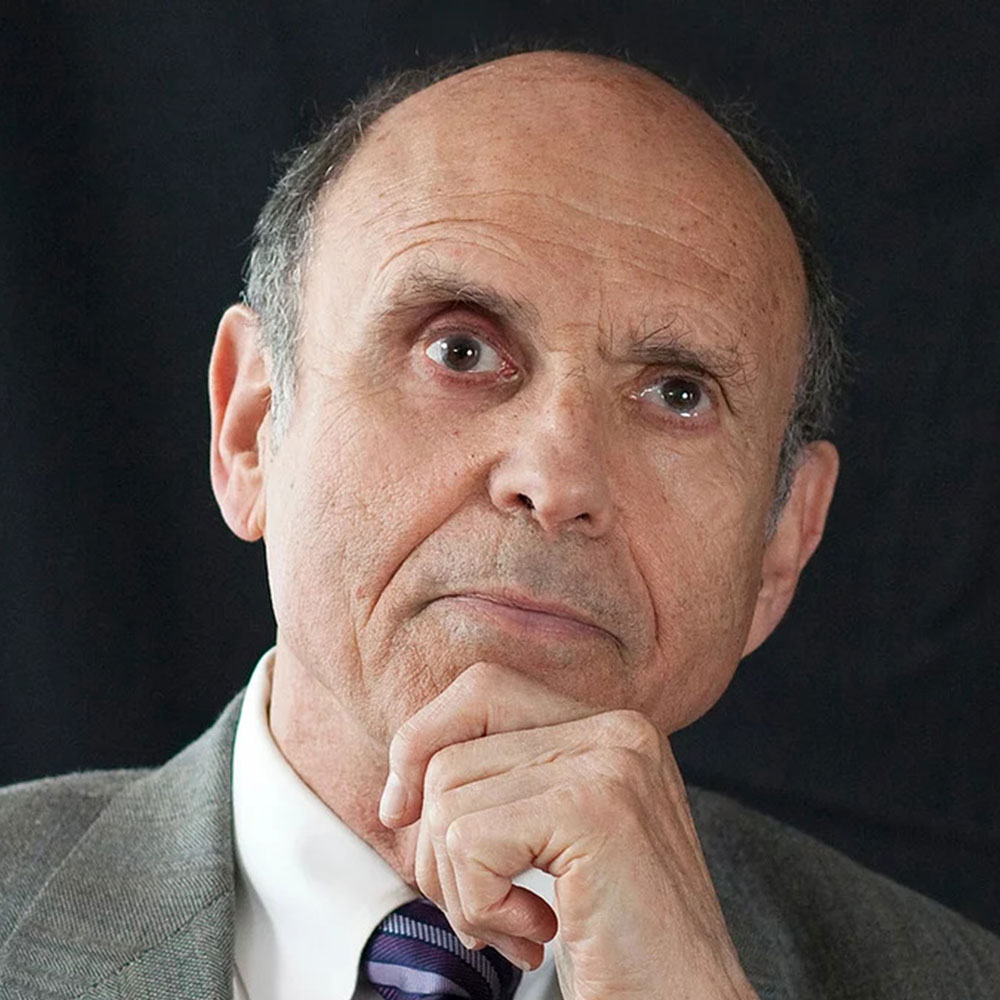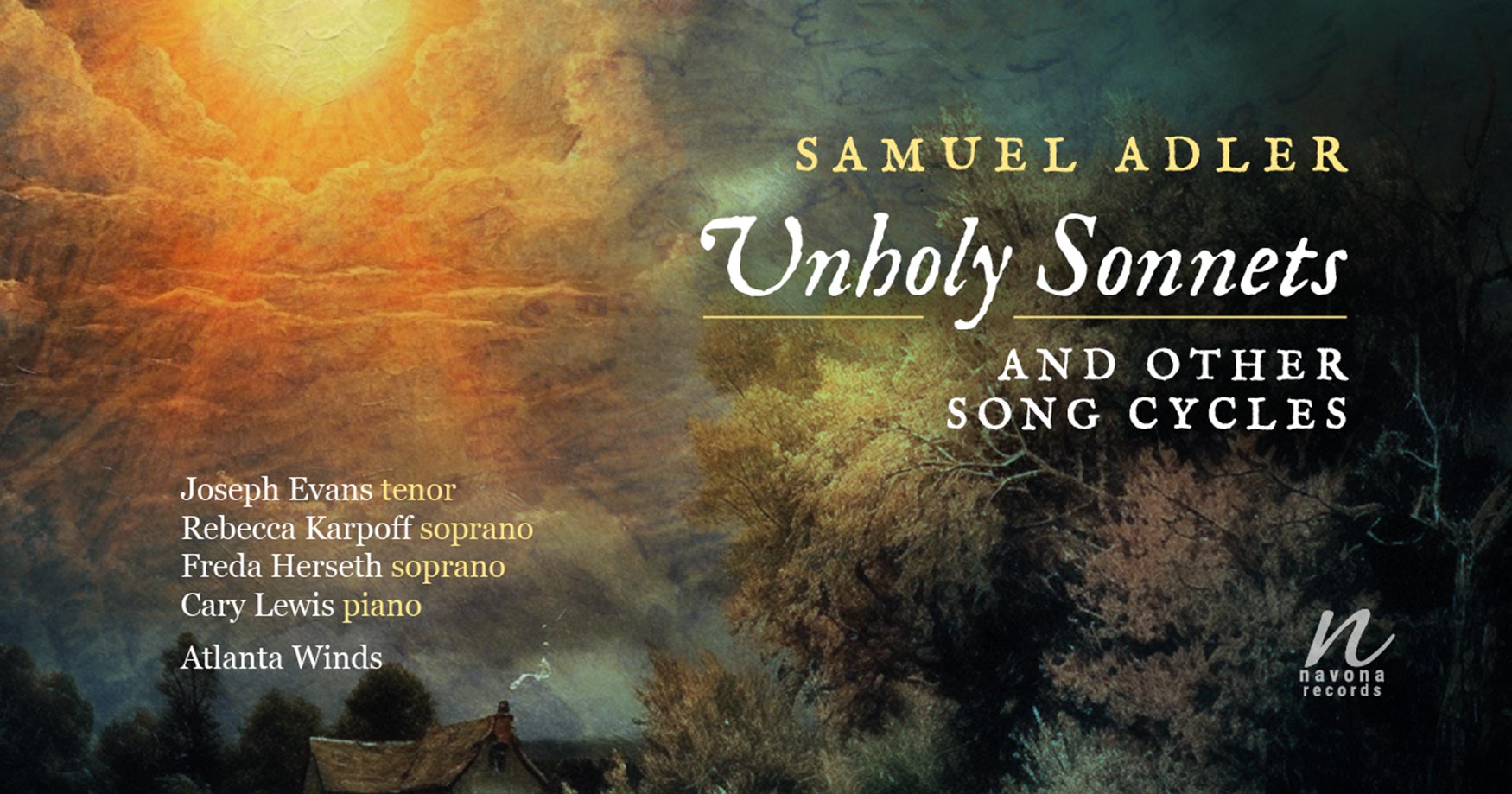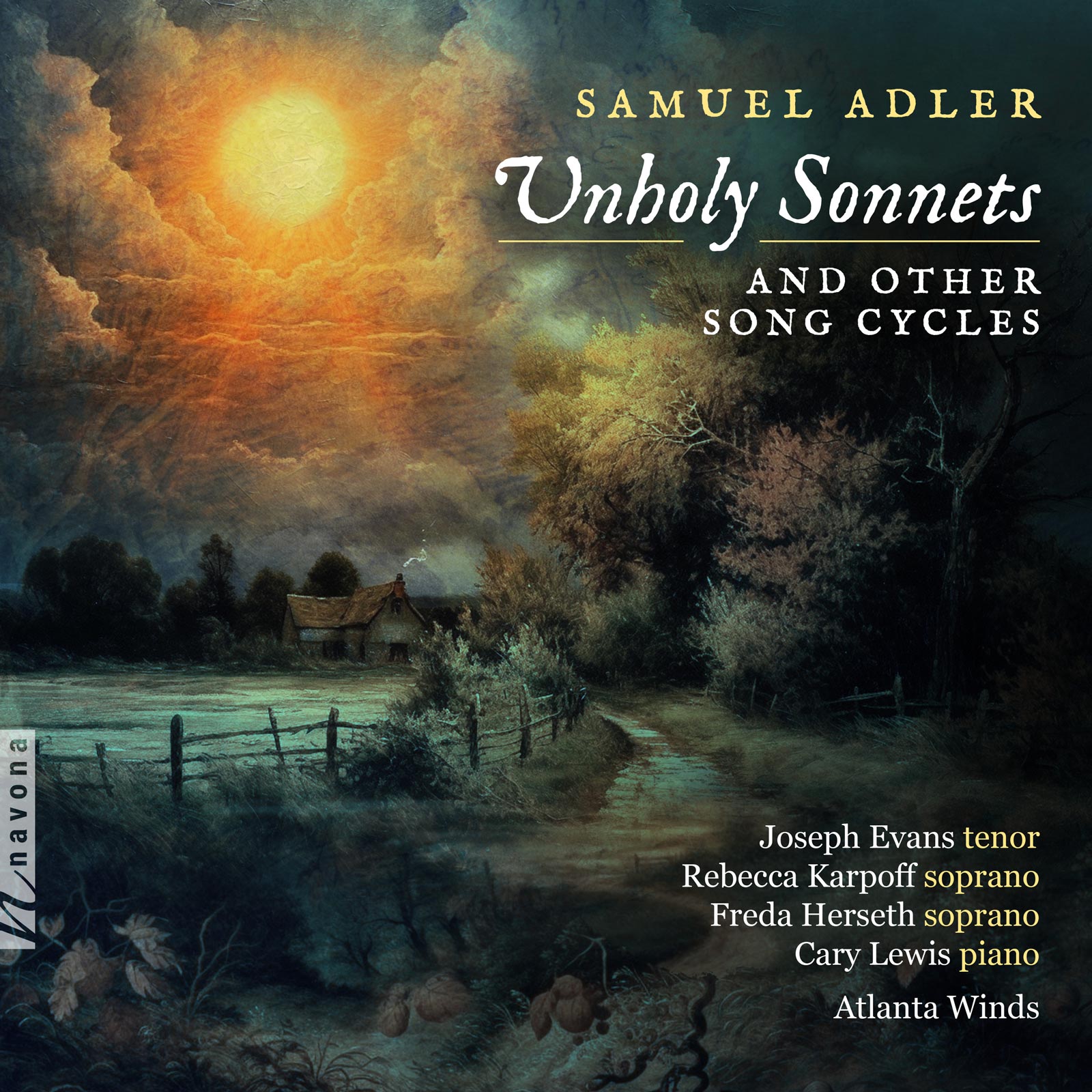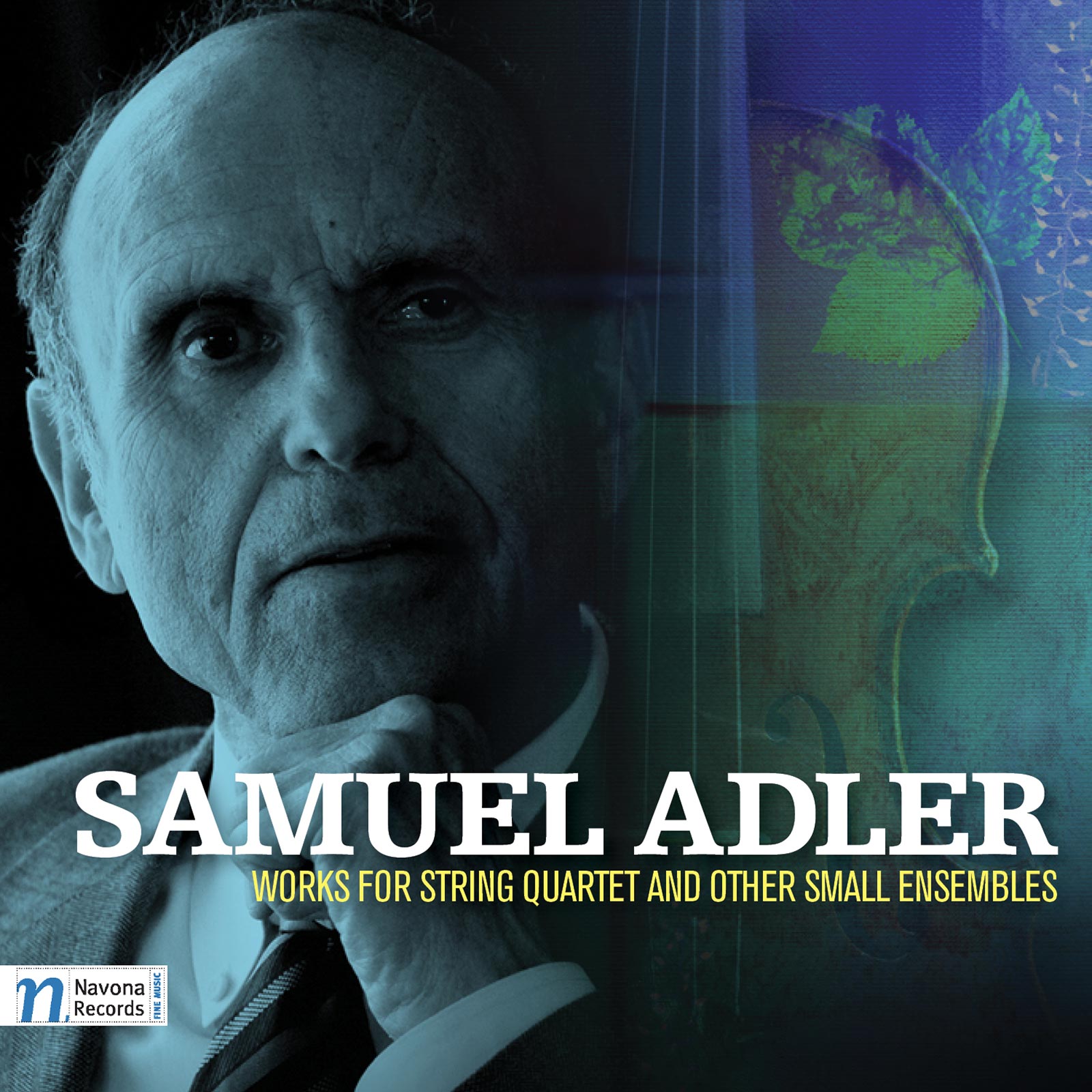
Samuel Adler was born March 4, 1928 in Mannheim, Germany and came to the United States in 1939. He was inducted into the American Academy of Arts and Letters in May 2001, and then inducted into the American Classical Music Hall of Fame in October 2008. In 2018 he was awarded the Bundesverdienstkreuz (first class), the highest civilian award given by the German government.
He is the composer of over 400 published works, including five operas, six symphonies, 17 concerti, eight string quartets, five oratorios, and many other orchestral, band, chamber and choral works, and songs, which have been performed all over the world. He is the author of four books, Choral Conducting (Holt Reinhart and Winston 1971, second edition Schirmer Books 1985), Sight Singing (W.W. Norton 1979, 1997), and The Study of Orchestration (W.W. Norton 1982, 1989, 2001), and the autobiographical Building Bridges With Music (Pendragon Press 2017). He has also contributed numerous articles to major magazines and books published in the United States and abroad.
Adler was educated at Boston University and Harvard University, and holds honorary doctorates from Southern Methodist University, Wake Forest University, St. Mary’s Notre-Dame, the St. Louis Conservatory, and the Hebrew Union College-Jewish Institute of Religion. His major teachers were: in composition, Herbert Fromm, Walter Piston, Randall Thompson, Paul Hindemith and Aaron Copland; in conducting, Serge Koussevitzky.
He is Professor-emeritus at the Eastman School of Music where he taught from 1966 to 1995 and served as chair of the composition department from 1974 until his retirement. Before going to Eastman, Adler served as professor of composition at the University of North Texas (1957-1977), Music Director at Temple Emanu-El in Dallas TX (1953-1966), and instructor of Fine Arts at the Hockaday School in Dallas TX(1955-1966). From 1954 to 1958 he was music director of the Dallas Lyric Theater and the Dallas Chorale. From 1997 to 2017 he was a member of the composition faculty at the Juilliard School of Music in New York City where he was awarded the 2009-2010 William Schuman Scholars Chair. Adler has given master classes and workshops at over 300 universities worldwide, and in the summers has taught at major music festivals such as Tanglewood, Aspen, Brevard, Bowdoin, as well as others in France, Germany, Israel, Spain, Austria, Poland, South America, and Korea.
His works have been performed lately by the Berlin Philharmonic, Cleveland Orchestra, Pittsburgh Symphony Orchestra, New York Philharmonic, Chicago Symphony, St. Louis Symphony, the Los Angeles Philharmonic, the Berlin Radio Symphony Orchestra, the Mannheim National Theater Orchestra; the orchestras of Beijing, Chendu, Frankfurt (Oder), among others.
Adler has received commissions from the National Endowment for the Arts, the Ford and Rockefeller Foundations, the Koussevitzky Foundation, the Barlow Foundation, the City of Jerusalem, the Welsh Arts Council and many others.
Adler has been awarded many prizes including a 1990 award from the American Academy of Arts and Letters, the Charles Ives Award, the Lillian Fairchild Award, the MTNA Award for Composer of the Year (1988-1989), and a Special Citation by the American Foundation of Music Clubs (2001). In 1983 he won the Deems Taylor Award for his book, The Study of Orchestration. In 1988-1989 he was designated “Phi Beta Kappa Scholar.” In 1989 he received the Eastman School’s Eisenhart Award for Distinguished Teaching. In 1991 he was honored being named the Composer of the Year by the American Guild of Organists. Adler was awarded a Guggenheim Fellowship (1975-1976); he has been a MacDowell Fellow for five years and; during his second trip to Chile, he was elected to the Chilean Academy of Fine Arts (1993) “for his outstanding contribution to the world of music as a composer.” In 1999, he was elected to the Akademie der Künste in Germany for distinguished service to music. While serving in the United States Army (1950-1952), Adler founded and conducted the Seventh Army Symphony Orchestra and, because of the Orchestra’s great psychological and musical impact on European culture, was awarded a special Army citation for distinguished service. In May 2003, he was presented with the Aaron Copland Award by ASCAP, for Lifetime Achievement in Music (Composition and Teaching).
Adler has appeared as conductor with many major symphony orchestras, both in the United States and abroad. His compositions are published by Theodore Presser Company, Oxford University Press, G. Schirmer, Carl Fischer, E.C. Schirmer, Peters Edition, Ludwig-Kalmus Music Masters, Southern Music Publishers, Kaiser Music, Transcontinental Music Publishers, and Leupold Music. Recordings of his works have been presented by Linn, Naxos, RCA, Gasparo, Albany, CRI, Crystal, Vanguard, and PARMA Recordings.
Albums
Unholy Sonnets
Catalog Number: NV6578
Works for String Quartet and Other Small Ensemble
Catalog Number: NV5885



